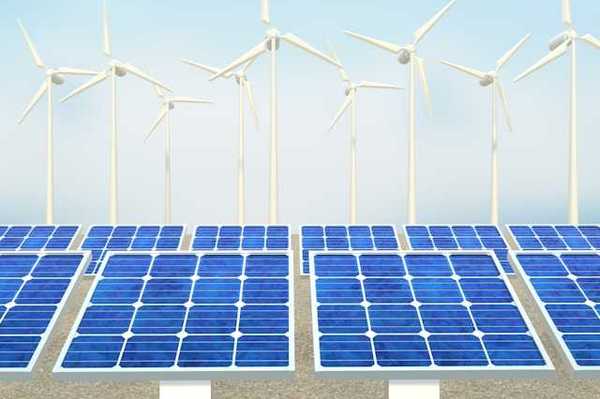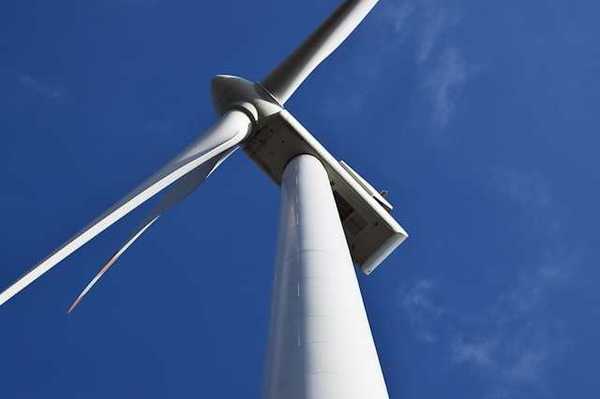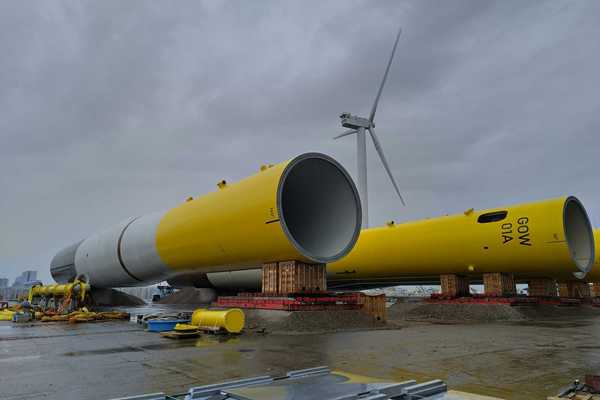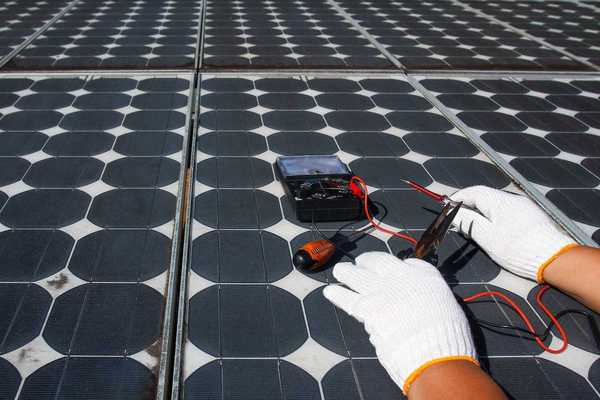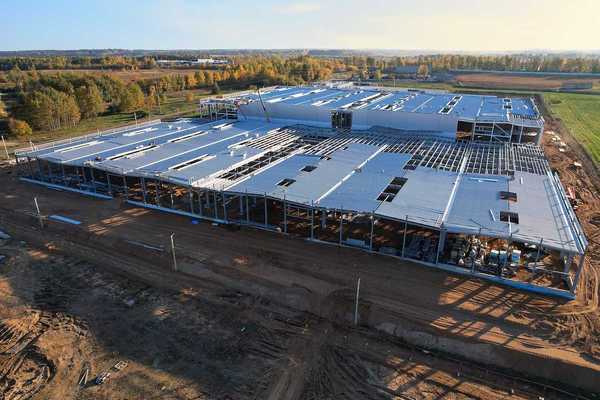renewable energy
Newsletter
Credit: Allison Saeng/Unsplash+
The one big beautiful prediction: The energy transition is still alive
Trump has attacked renewable power from every angle, but energy justice scholar Sanya Carley envisions an affordable green future.
Newsletter
Credit: Chris Barbalis/Unsplash+
Alberta, once a hotspot for renewable energy projects, sees investment 'plummet’
Corporate investment fell 99% after Alberta’s pause on new renewable energy development, as the industry faces ongoing policy uncertainty.
Newsletter
Credit: Getty Images/Unsplash+
Houston plans to hit UN climate targets despite Paris Agreement exit
Houston has its own Climate Action Plan to meet Paris Agreement targets, set in motion when Trump announced his first withdrawal from the UN treaty in 2017.
Newsletter
Credit: Engineered Solutions/Unsplash
Trump destroyed offshore wind. The Northeast can’t live without it
To keep the lights on, states like New York and Massachusetts will need to build projects that are currently “impossible.”
Newsletter
Credit: toa55/ BigStock Photo ID: 397172075
US solar manufacturing in 2026: What the heck to expect
Companies are adding factory capacity across the whole supply chain, even as new tariffs and national security concerns loom on the horizon.
Credit: MaxSafaniuk/ BigStock Photo ID: 438562529
Wisconsin debates how to pay for the power-hungry AI boom
Regulators mull the first big utility plan to provide electricity to data centers flocking to the state, igniting disputes over consumer protection and clean energy.
Credit: Gage Skidmore/ https://www.flickr.com/photos/gageskidmore/5427075... https://creativecommons.org/licenses/by-sa/2.0/
US withdrawal from Paris Agreement comes into effect
Major emitter the US has officially left the Paris Agreement and global emissions keep rising a decade on from the deal. Yet renewables' growth shows climate action can work. Here's what's been done and what's missing.
ORIGINAL REPORTING
MOST POPULAR
CLIMATE





